Jasmine Birtles
Your money-making expert. Financial journalist, TV and radio personality.

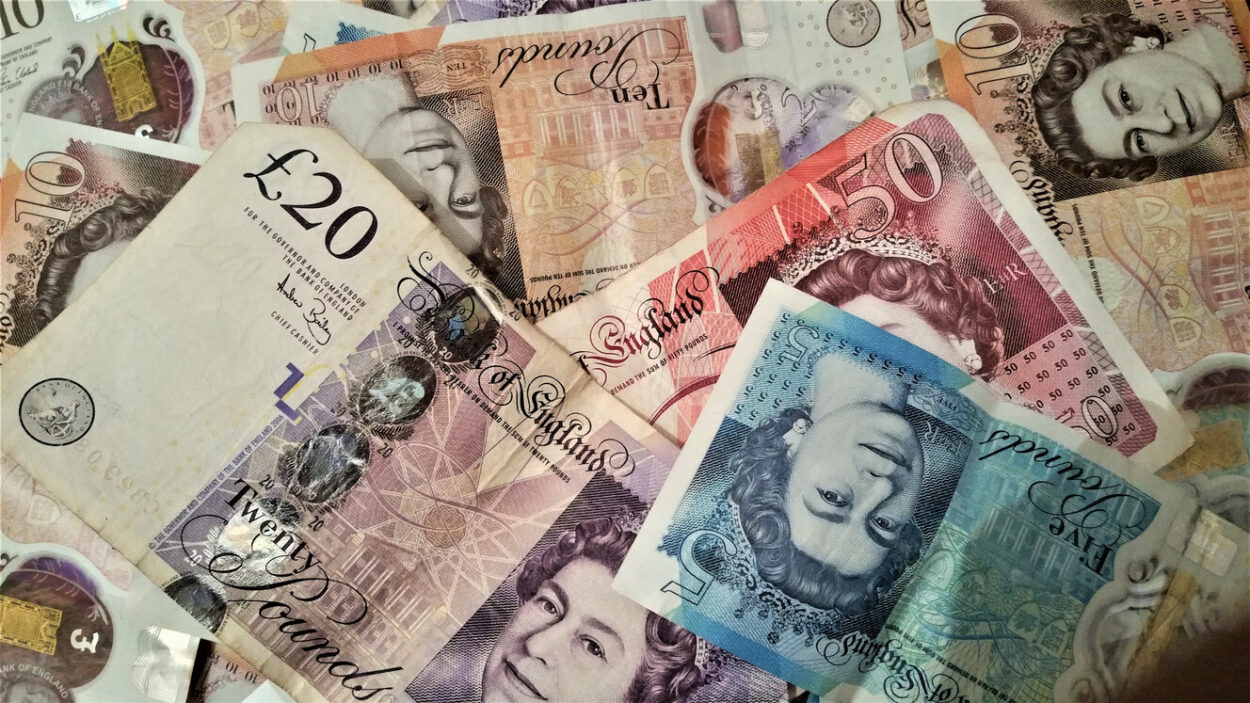
Do you want a cashless society where there are no paper or coin alternatives to purely digital transactions?
Do you want the Government and large corporations to be able to track and control your earning and spending through a digital currency system?
I don’t, even though I am a pretty typical city-dweller who can go from one end of the week to the next never using cash.
I am actually a big fan of cash for various reasons – as I show below – and I think it’s essential that we keep it and fight for the right to pay for things in actual tangible money that gives us autonomy!
Here are my reasons why I don’t want to see the death of cash

I consider that cash is king for a few reasons:
Now, many economists, and financial and political commentators, say cash must be removed because it is anonymous and, therefore, beloved of criminals. They say that a significant proportion of cash in circulation across the world is for criminal transactions. They also say it is used for tax evasion in the ‘grey economy‘ (people who do things for cash-only so that they don’t pay tax on it).
it is certainly true that a lot of tax revenue is lost by governments around the world due to cash transactions, and that cash and cryptocurrencies are beloved of criminals, because it’s hard to trace it. However, it’s likely that the amount of cash in the world that is used for nefarious purposes is much less than the cash-haters say.
Cash’s very anonymity also works in favour of the average, honest consumer like you and me.
Currently our lives, and certainly our transactions, are tracked to a ridiculous degree already by Big Tech, large corporations, and governments. Every time we use a credit card, our phone, an Oyster card or other digitally-based device, that transaction goes into the Big Data bank. That’s not an actual bank, but a vast collection of transactions recorded in various different places like The Cloud, Google’s databank, Apple’s databank, Microsoft’s databank and so on.
You might feel that it’s quite alright to have your movements and transactions recorded as you’re an innocent person and you’re doing nothing wrong. Quite true, but:
Not much, I’m guessing.
The worrying fact is that the vast majority of us have no idea how much information these shadowy and powerful entities know about us, but they know an extraordinary amount about us…in some cases more than we realise about ourselves. As Shoshana Zuboff, author of ‘The Age of Surveillance Capitalism, says in her book, they often know what we’re going to buy before we buy it. They have a pretty good idea what we will vote and how to change and manipulate that intention. They also know what makes us buy and what makes us react in a positive or negative way.
Essentially there is a disturbing inequality of knowledge between us and ‘them’, the big corporate and governmental agencies that are tracking us.
Frankly, the less information we can give them willingly (they already take a lot without our knowledge) the better.
Using cash where possible helps us do this.
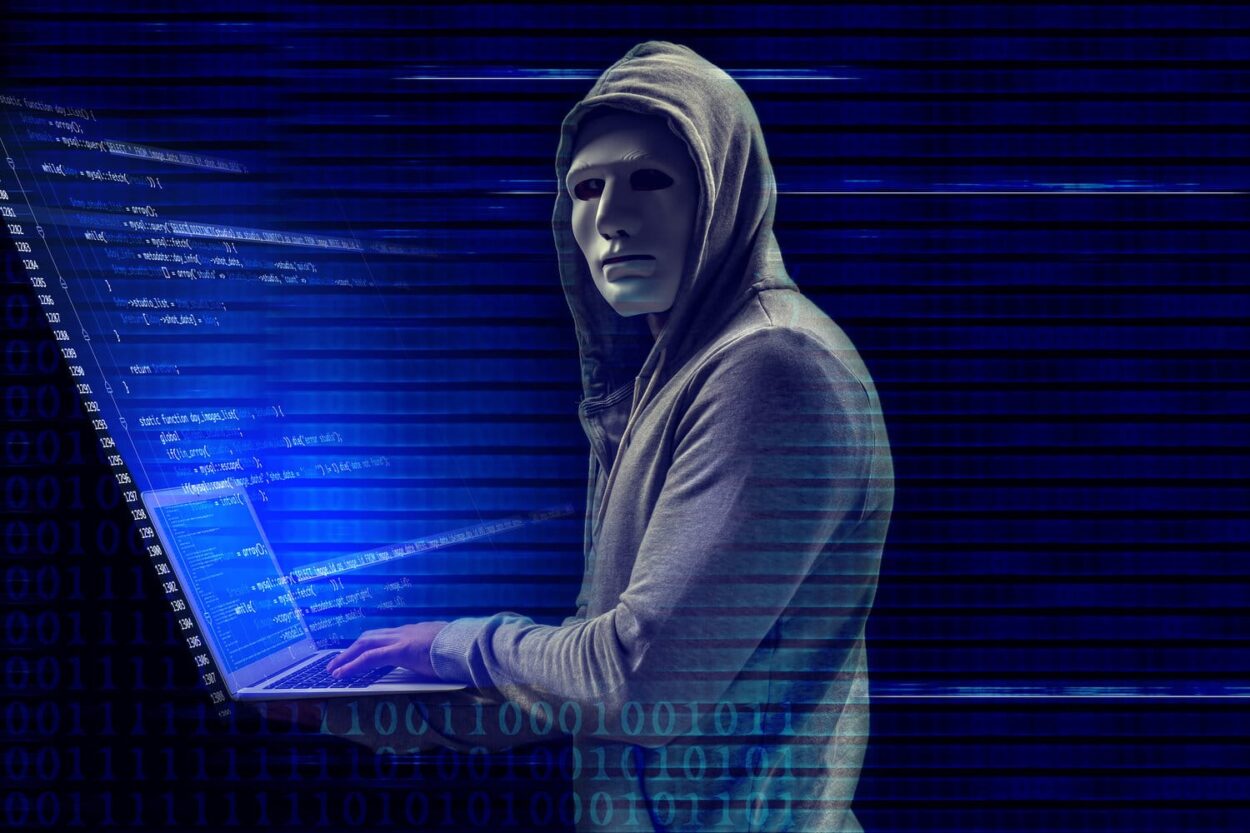
Do you remember a couple of years ago when the whole O2 network was down for about a day? It happened in a few countries including the UK.
I was in a taxi that day, with no cash in my purse, and found that I couldn’t pay the taxi driver with my card as his card reader was down. We had to drive past eight ATMs before we found one with cash in as so many people had been frantically taking cash out that afternoon to pay for goods in the many shops that suddenly couldn’t take card payments.
We never properly found out what caused this long outage. The spokespeople for O2 (or Telefonica, its parent company) brushed it off, but my suspicion is that it was a cyber attack.
Whether it was or not, cyber attacks are increasingly seen as the new form of warfare in this digital world and governments are spending a lot of time, money and effort trying to protect us from this menace. It’s always possible, though, that despite these efforts, one of the big players (I’m looking at you China, Russia, North Korea) could get through the defences and put us in darkness for a period. If this happens, individuals and businesses will need a back-up – a paper back-up – to keep the economy going, even if it’s just for a day or so.
Countries like Sweden (see below) that have gone pretty much fully-digital are, in my opinion, far too vulnerable to attack.
It’s not only when networks go down that cyber fraud is a problem. Individuals are increasingly targeted online by hackers and scammers – and they’re so sophisticated, it’s often very difficult to get your money back from the bank, too.
Not only is cash – actual coins and paper money – good for children to use to learn what money is, what it can look like, and how to spend and save it wisely, but it is also very helpful to adults for budgeting.
Study after study has found that people spend more when they use a card than when they use cash. When we pay with actual folding stuff there is more of a ‘pain point’ than just slapping a card down on the counter.
In fact, it’s even worse when we use a contactless card. That is barely noticeable…until your get your statement! The fact that the Government has put up the contactless limit to £100 is a very bad sign for individual budgeting and also individual sovereignty. They are ‘nudging’ us towards digital-only spending. If we go with this we will be lost in a digital dictatorship before we realise where we are.
When people are struggling with debt, I tell them to cut up their cards except for their bank card and to take out a certain amount of cash at the beginning of the week to use for spending. It really helps to see the money going out of your wallet each day as you realise that, if you’re at Thursday and you only have a tenner to last you until Sunday, you have to think hard about what you do with it. That doesn’t happen with credit card spending.
With cash, you are beholden to no one. One of the reasons that banks and governments are so keen to move us away from cash and into digital payments (as I show below) is that with digital money they can control our finances, not just tracking where our money goes but also preventing us from spending or saving or accessing our money if they want to. It even enables them to force us to pay tax at any time of the year, not just at ‘tax-paying time’.
At the moment there is a nasty trend among some banks to kick out customers simply because they don’t like their politics! As you can see in this article, currently it tends to be people with far-right views who are suddenly ‘unbanked’ but as fashions change it could become people with particular religious views who are removed or people of a certain sexual persuasion. Who knows?
But it shows in a different way why it’s important to have access to cash in case your own bank decides to ‘cancel’ you. I’m not saying that you shouldn’t have a bank account. At least 1.7 billion people across the world don’t have a bank account and that is a big problem for many. But it’s helpful to have cash to hand when you need it.
A columnist at Bloomberg, Megan McArdle, says cash provides a cushion between ordinary people and governments. She adds, “unmonitored resources like cash create opportunities for criminals. But they also create a sort of cushion between ordinary people and a government with extraordinary powers. Removing that cushion leaves people who aren’t criminals vulnerable to intrusion in every remote corner of their lives.”
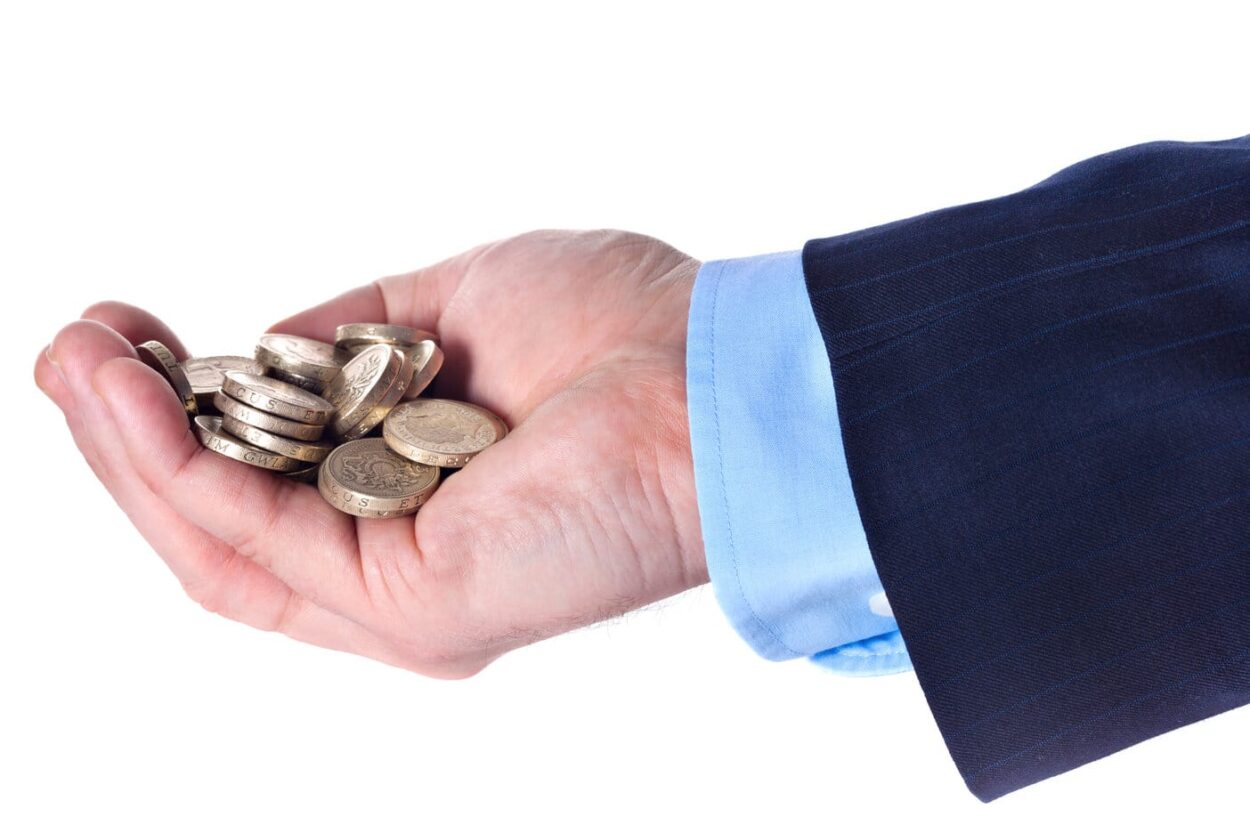
In a word: control.
Governments and, in particular, Big Tech corporations hate the fact that they can’t control our spending and our behaviour when we use cash. Cash also gives them a headache with lost tax revenues, money-laundering and other criminal activity that is carried on with ease if cash is involved.
This is why so many are trying to speed up the rejection of cash and bring in digital currencies that they can control. Lockdowns around the globe and the restrictions that have come with it have been a gift to governments wanting to eradicate cash. Companies have joined in their fight to deprive us of places to spend cash and have sped up the removal of ATMs and high street banks across this country.
The plan to remove cash completely is fraught with problems, though. For example, Narendra Modi, Prime Minister of India, tried to cut the country’s use of cash back in 2016 in a move to reduce corruption (a reasonable idea). He ‘demonetized’ all Rs 1,000 and Rs 500 notes pretty much overnight. This was such a shock to the system that it completely failed and the whole thing had to be reversed within weeks.
Essentially, his government took 86% of cash out of circulation in an economy that was nearly 90% cash-reliant. After the move, the manufacturing sector in India contracted in December as new work orders and output took a knock for the first time in 2016.
For decades governments have bemoaned the fact that they miss out on millions of potential tax revenue because of what is called ‘the Grey Economy’ – in other words, people being paid in cash for services rendered which they then don’t put through their accounts.
This has been, and is, a genuine problem because many professions – cleaners, builders, taxi-drivers, window-cleaners and more – work on an almost entirely cash-only basis. Some have also managed to claim benefits at the same time. It’s still a relatively small proportion of the population, though, and, in many cases, it’s people on very low incomes who are doing it so the tax loss is actually quite small.
It’s understandable that successive governments in this country and around the world would look for ways to plug those gaps. However, increasingly those gaps are being plugged, often from the workers themselves. For example, cleaners and housekeepers realise that if they ask for proper pay and actual salaries – even if they’re part-time – from the families they work for, they have many more protections and are entitled to pension payments, holiday pay and even maternity pay in some instances.
Back in 2017 the ‘Shadow Economy’ as it’s also called, in the UK was estimated at around £200bn. Tax revenues on that could be around £40bn (assuming an average of 20% as there is unlikely to be many among them that would be on 40%). Given that we have borrowed at least £355bn to pay for lockdown, you can imagine that the Government is keen to get its hands on that money.
You know what it’s like every time you try to open up an account with a new bank or invest in something new, you have to go through that annoying ID check to show that you’re not a terrorist trying to launder money? The argument for a digital currency and having all your details attached to all your transactions is that money-laundering would be stamped out.
It’s possible that it would be the case for a short time, but you know what the criminal fraternity are like – they would find another way somehow! Removing cash will harm the innocent much more than the guilty.
Honestly, although the loss of tax revenues is understandably a pressing issue for our Government and all other governments around the world, as mentioned above, there is an increasing desire to control spending and earning, to find and track data on how much we hold in assets, where we are spending, when and why. This information is helpful for both companies and governments in order to ‘nudge’ us into spending where they want us to spend. It’s also helpful for them to control our lives and even decide who gets medical and financial help and who doesn’t.
A number of governments around the world – led (of course) by China – are developing digital-only currencies that are supposed to entirely replace notes and coins.
Already Sweden is trialling the e-Krona and South Korea is well on the way to full use of its digital currency. In 2016 it was already one of the least cash-dependent nations in the world. It has among the highest rates of credit card ownership – about 1.9 per citizen.
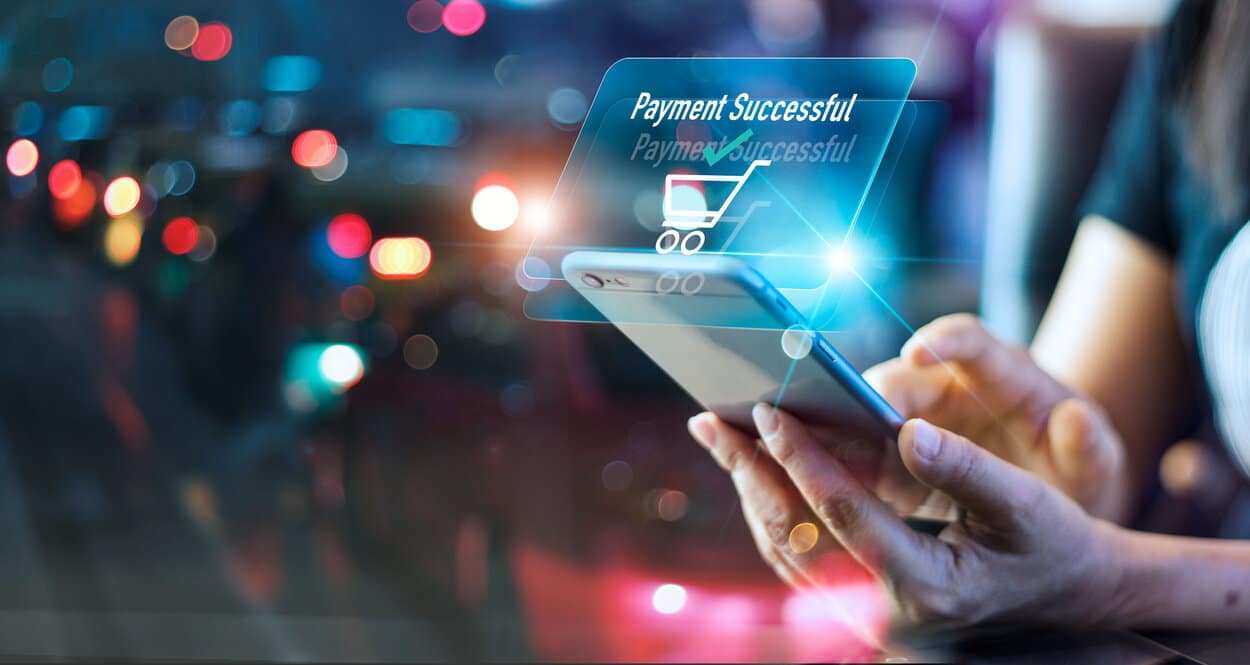
Sweden went pretty much fully cashless in 2017. That was when just 1% of their GDP was circulating in cash compared to 11% in the euro zone. Then, their national Riksbank announced a year-long pilot experiment with its own digital currency.
However, in 2020, Stefan Ingves, the governor of the Riksbank, said that some young Swedes “have no idea” what real money looks like anymore. He added that that was a worry for the future of the country and its people. He said that the government may need to step in before it’s too late.
According to a Bloomberg report, financial leaders in the country are already wondering how vulnerable their move to a digital-only money system has made them. As it points out: “if there’s no cash at all to fall back on, what happens if digital networks fail? And what about cyber attacks? Such events can do a lot more damage than old-fashioned bank robberies.”
According to an Access to Cash report on Sweden in 2019, a small segment of the Swedish population is unhappy about the country’s slide into cashlessness. Primarily, it’s people on low incomes who feel cash gives them greater control over their money and stop it being eaten by direct debits. People living in rural areas find there is not always the ability to pay digitally and charities say that cash enables domestic abuse victims to hide money away.
It also puts a question-mark over both the role of banks in the country and the perceived value of the money itself. People believe in notes and coins as real money which is why they pull it out if the bank looks rocky.
According to research from Statista, there are considerable differences in the use of cash among European countries, They say that Albanian consumers are most likely to use cash, followed by Servia and Greece.
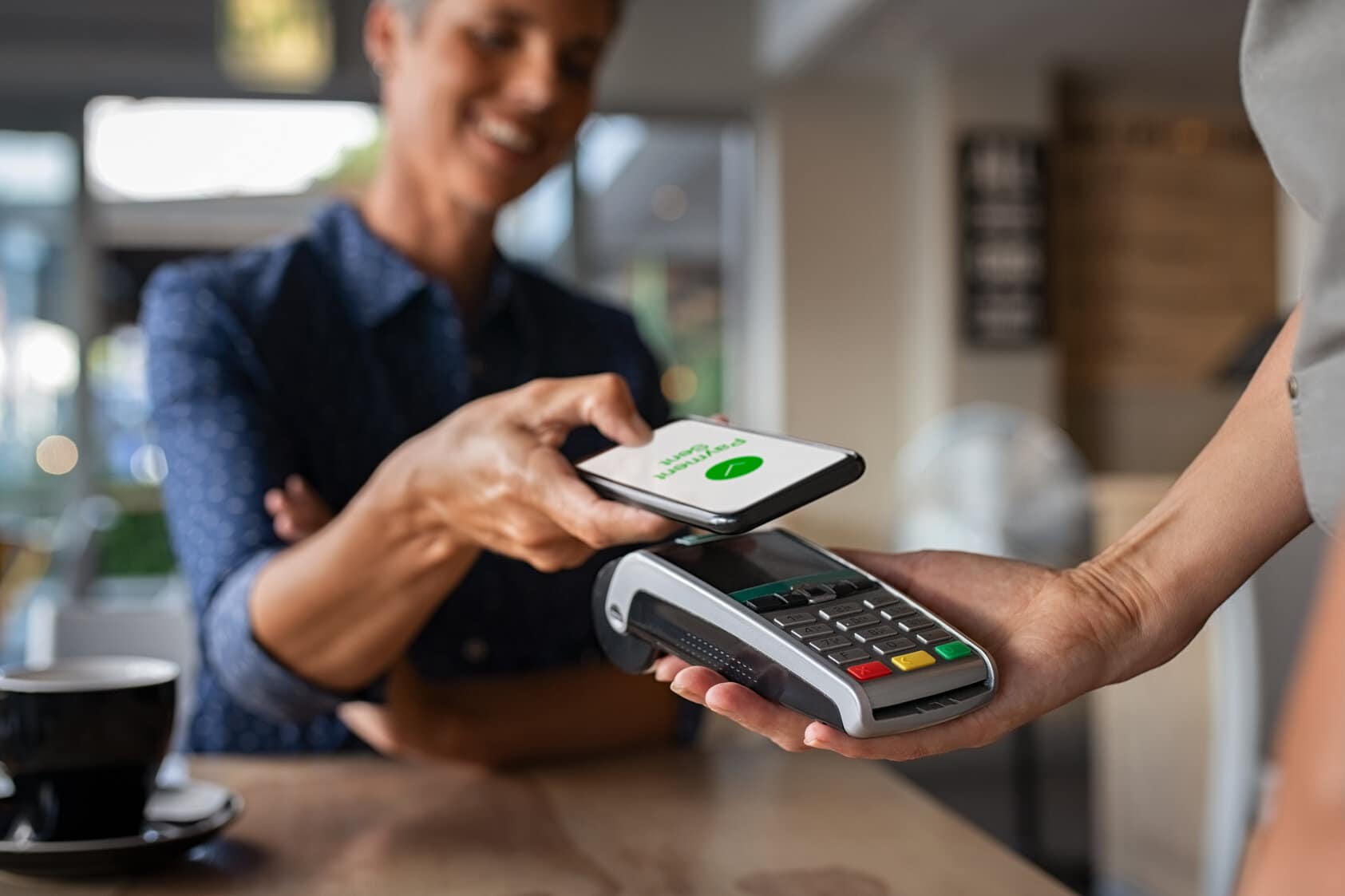
According to Amanda Hamilton, CEO, National Association of Licensed Paralegals, you don’t have the right to pay cash if that option is not offered.
She says: “Shops are not acting illegally by refusing to accept cash as a means of payment. It is their choice to do so as long as it is not based on discrimination. The only situation where tender cannot be refused is when a court debt needs to be paid off. In these circumstances, cash or tender must be accepted.”
Many shops, cafes and other businesses have been refusing cash for the last few years. Back in 2017, Visa was offering small businesses in the USA a tasty $10,000 to go cashless. Some bars and cafes have found it easier and cheaper just to go cashless and were unapologetic at turning away customers who only had cash, even before 2020.
Then lockdown hit and, falsely, it was spread that cash could carry the virus so a load of shops and eateries would only take cards. Now that it has been shown that cash does not carry a virus, many of these businesses have continued with their ‘card-only’ demands.
What can you do?
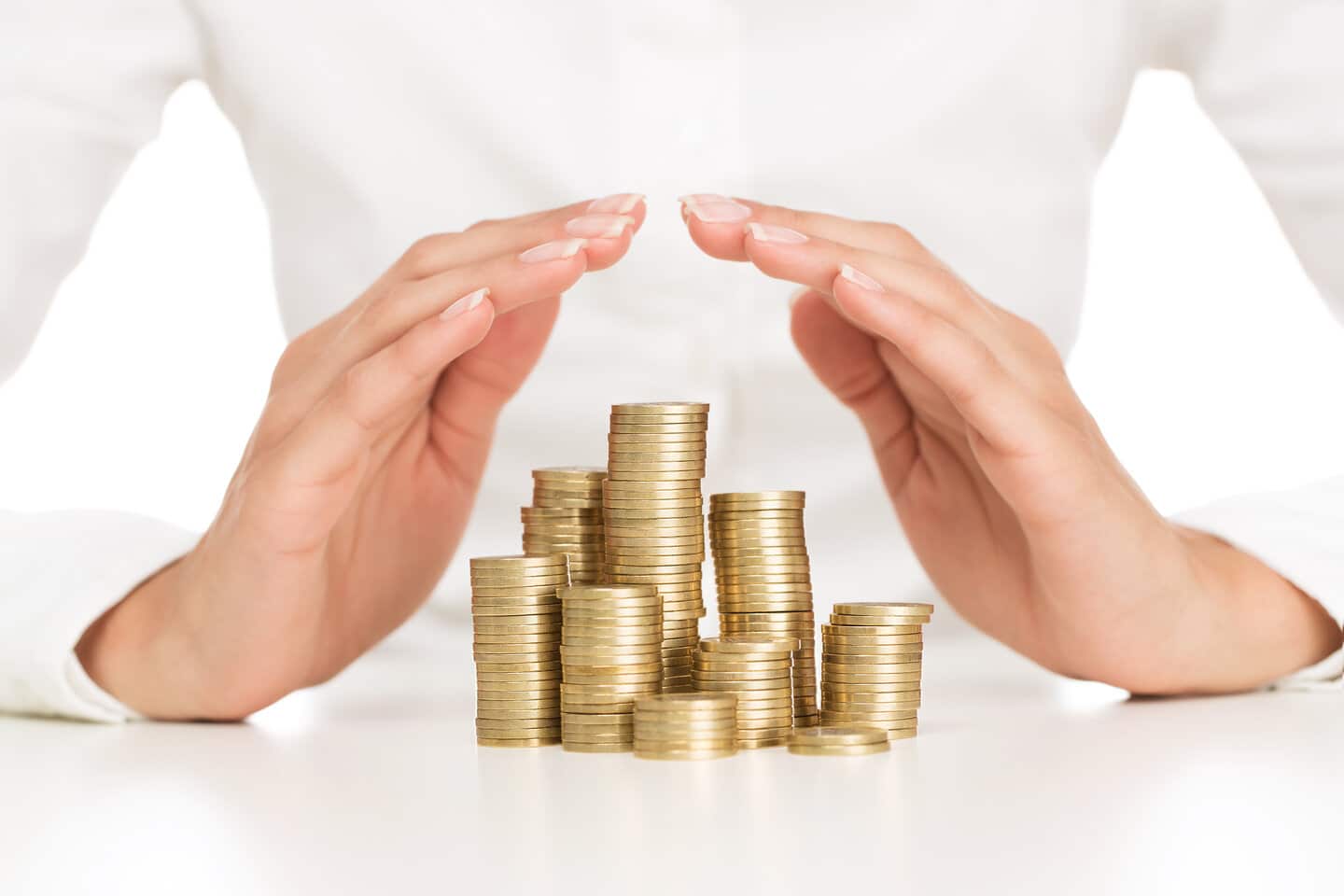
As we slide into a cashless society there are campaigns to halt it and keep access to cash for anyone who needs it. The two main ones are run by Which? magazine and the Mail on Sunday
Which? magazine has been campaigning to keep cash and reopen ATMs around the country as many of their members us cash and are unhappy about
“Millions of people are still dependent on cash” said a Which? spokesperson. “The infrastructure to support them is reducing rapidly. Bank branches are closing and ATMs are closing and people are finding it harder to access cash. Latest research that we’ve done shows that one in three people have been put off using cash in various shops and businesses.
“There’s not been much progress on the government protecting cash we’re pushing for it to set out its plan for a timetable of when this legislation will be in place. We want to know that those relying on cash won’t be stopped from accessing cash and using it.”
The Mail on Sunday, led by their Business and Finance Editor, Jeff Prestridge, is running a campaign to save our cash. Through a number of articles, the paper (and website) has highlighted the plight of those who don’t have access to online accounts, don’t like digital money or cards or are paid in cash and are not able to get a bank account.
They are also monitoring the number of ATMs in different areas around the country and highlighting small campaign groups that are fighting to keep cash going.
The Government has a campaign to protect the future of cash, although critics say that it is too little and too slow.
Currently, they have plans to enable people to get cashback from shops without needing to buy anything, in order to help communities where there is no bank or ATM to withdraw cash. We are still waiting to hear how this will be implemented.
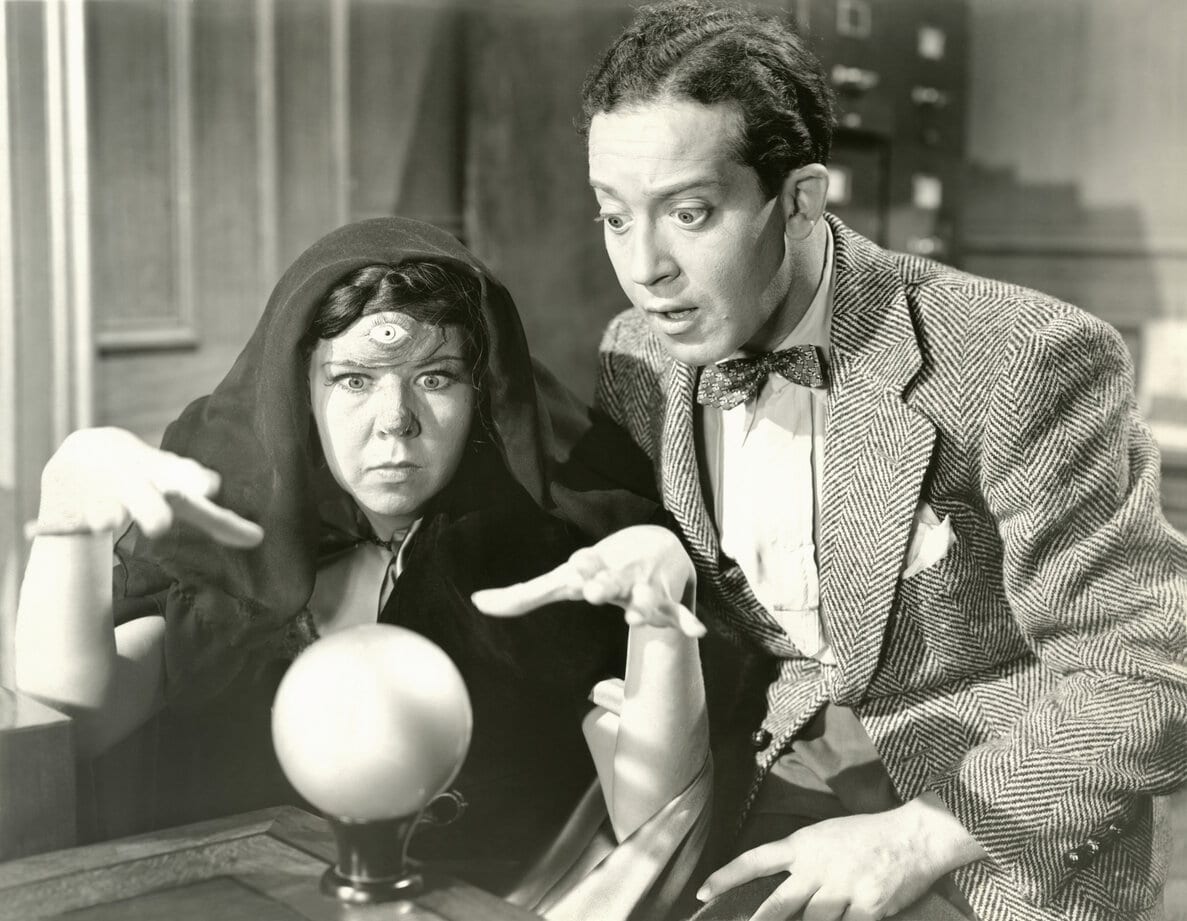
Different reports come up with different scenarios, but the vast majority of them say that cash is dying and will go completely in just a few years. One company, called Merchant Machine, has looked at usage data from 2000-2019 which saw a drop from 50% in 2004 to 14.96% in 2019, and they say that cash usage in the UK will reach 0% by as soon as 2026.
They say that report by Access to Cash found that 34% of the UK use cash because they like a choice when paying for things and a further 20% feel more in control of their money when they use cash. But the past ten years have seen the number of cash withdrawals in the UK drop by 22%. In fact, 2019 saw a 9% decrease in the volume of ATM usage made by UK cardholders from the previous year.
According to the findings of 2019 survey by Deutsche Bank Research, in the UK contactless payments, was favoured over other methods of payments for weekly in-store purchases.
By using a forecast linear on cash usage data from 2000-2019, which saw a drop from 50% in 2004 to 14.96% in 2019, we can predict that cash usage in the UK will reach 0% by as soon as 2026. That is just five years’ time.
However, the report does add that this trend towards a cashless society is not something that everyone wants. Access to Cash found that 47% of the UK said that they would find it problematic if there was no cash and a further 17% said they were unsure of how they cope or if they would be able to cope at all.
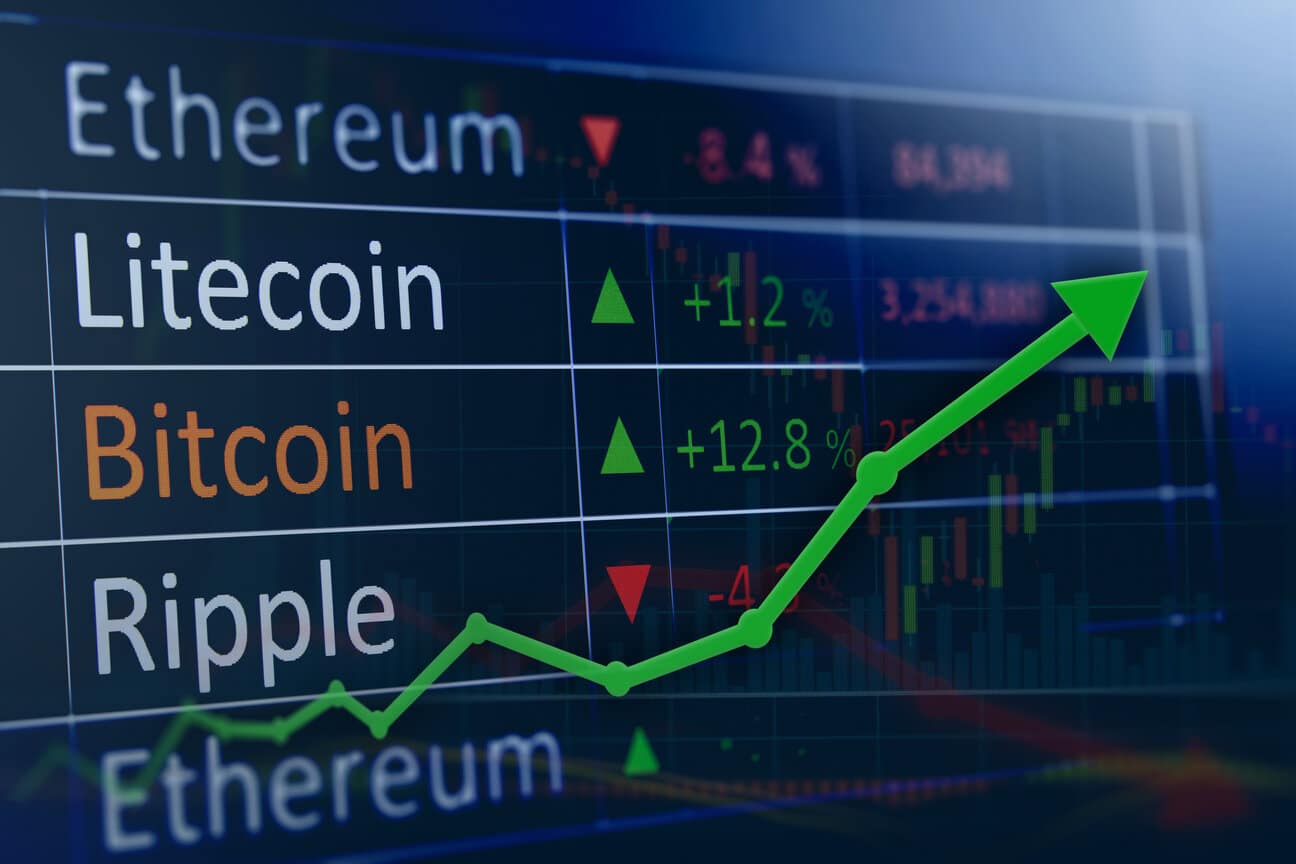
Cryptocurrency – digital currencies without borders – is a consistently hot topic right now. But could cryptocurrencies be the answer to cashless societies?
Yes, says ‘Cryptocurrency Luminary’ Gary Nuttall. “I think it’s the most likely one. If you don’t want to be completely government-controlled and supervised. Cryptocurrencies seem to be the only way as more and more people are ditching cash.
“However, there’s a problem will be acceptance of crypto. For certain sections of the community who are older or have less access to technology, cryptocurrency probably isn’t the right thing for them. For young people, though, it’s no problem. For them there’s no real difference between digital currency and cryptocurrency. So once they realise that everything they do is being tracked then they’re more likely to go crypto than back to cash.”
He adds, though, that it may take a while before millennials and Gen Z’ers get upset enough to ditch digital currencies in favour of crypto. “When you see how clearly it’s being shown to them that Tik Tok and Facebook are tracking them, but they still accept it, you realise that it could take a while for them to understand the problems of having your spending tracked. Younger people tend to be less concerned about privacy at the moment at least.”

I love cash its the best tried to buy a bag at TK Maxx Straford E15 tills crashed had to go home to get cash
Completely agree. I am determined to use cash for all my transactions. It took some getting used to at first but more and more I’m remembering to use cash and it feels good!
I’ve been using cash less since the Covid19 pandemic and have been shopping online more now – interesting to find out that the UK and Nordic countries are going cashless and only3% of transactions in Norway pay by cash.
The barbers I go to is cash payment only and one of the nearby pubs is due to being unable to get internet / wifi connection.
I would never want to lose cash.
I agree 1200% all they want to do is track and control you
So easy to lose control of what you are spending as its so easy to just buy and not open your wallet and see what you are spending.